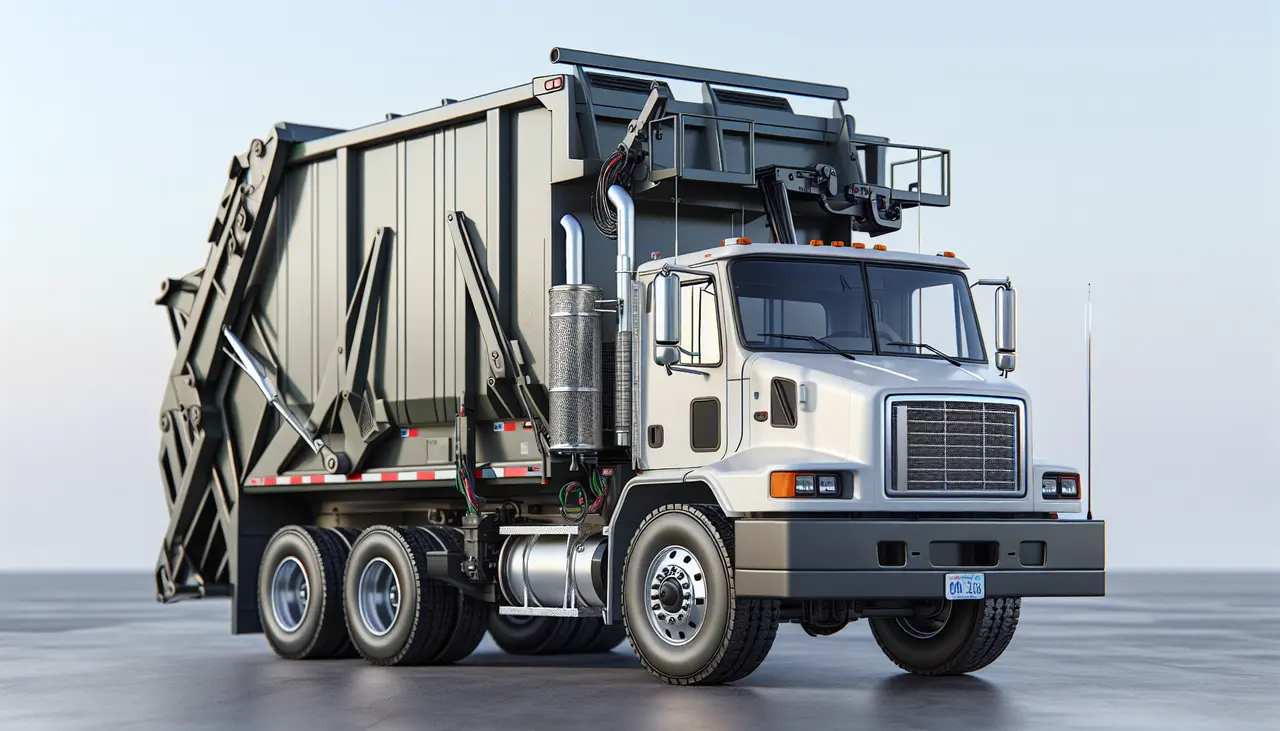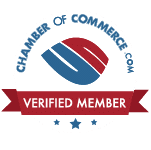Introduction to Financing Roll Off Trucks
Financing a roll off truck might seem daunting, but it’s a smart move for growing your business. These trucks are essential for hauling large amounts of waste or construction materials, making them key players in several industries. When it comes to financing, think of it as investing in your business’s future. The process typically involves getting a loan or lease to cover the purchase. Loans mean you’re buying the truck over time, and once it’s paid off, it’s yours. Leasing, on the other hand, is like renting. You pay to use the truck but might have options to buy it at the end of the lease. Your choice depends on your budget, business needs, and long-term plans. Let’s not forget, interest rates and loan terms matter. They can make a big difference in your monthly payments and overall cost. Taking the time to understand these options can set your business on the right track to growth.
Understanding Roll Off Trucks: Types and Uses
Roll off trucks are critical for businesses in construction, waste management, and recycling. Simply put, they’re trucks equipped with a rectangular dumpster that can be easily rolled off and on the truck’s bed, allowing for efficient waste or material transport. There are mainly two types of roll off trucks – hook lift and cable hoist. Hook lift trucks use a hydraulic system to hook and lift the dumpster, making it ideal for precise placement and spaces where maneuverability is key. Cable hoist trucks, on the other hand, use a cable to pull the dumpster on and off the truck. They’re suited for heavier loads and are generally more common due to their versatility.
These commercial trucks are indispensable for moving large volumes of waste, construction materials, or any bulk items. Whether it’s hauling away demolition debris, delivering materials for a new construction project, or managing waste at a large-scale event, roll off trucks make it all possible. Their uses span across various industries, making them a valuable asset for businesses looking to efficiently handle materials or waste. Understanding the differences between the types of roll off trucks and their specific uses can help you make an informed decision when it comes to financing one for your business.
Why Your Business Needs a Roll Off Truck
Roll off trucks are critical if you’re in the construction, demolition, or waste management industry. They’re designed to handle heavy loads and can streamline your operations, making them more efficient. Think about it – with a roll off truck, you can transport large containers to and from project sites without a hitch. This means you can move waste or materials faster, keeping your jobs on schedule and your site safer and cleaner. Bottom line, investing in a roll off truck could boost your business’s productivity and profit margins. Whether it’s expanding the reach of your services or improving the speed of waste removal, a roll off truck equips your business to tackle bigger projects and better serve your clients.
Evaluating Your Financial Options for Purchasing Roll Off Trucks
When it comes to buying roll off trucks for your business, you’ve got several financial routes to explore. Paying cash outright is straightforward but might not be feasible for everyone. Leasing gives you flexibility and often includes maintenance perks, but you won’t own the truck at the end of the term. Financing through a loan lets you spread the cost over time, and eventually, you own the truck. Each option has its merits and downsides. Cash purchases avoid interest but demand a significant upfront investment. Leasing offers lower monthly payments, but you’ll pay more in the long run without gaining ownership. Loans strike a balance, with ownership at the end of the agreement but added interest costs. Your choice should align with your cash flow, tax situation, and long-term business strategy. Remember, lenders will look at your credit score, business financials, and the truck’s value itself. Shop around to find the best deal, and consider a down payment to reduce your interest rate and monthly payments.
The Pros and Cons of Leasing vs. Buying Roll Off Trucks
Leasing or buying roll off trucks for your business? Both routes have their benefits and drawbacks. Let’s talk straight.
Leasing a roll off truck is like renting. You don’t own it but pay to use it for a set time. It’s less cash upfront, making it appealing if you’re starting or expanding without a huge bank account. You get to trade it in for a newer model at the end of the lease, keeping your fleet modern. But, you’ll keep paying monthly without ever owning the truck. Plus, there might be limits on how much you can use it, thanks to mileage caps.
Now, buying a roll off truck means it’s yours. You pay more at the start, but it’s an investment in your business. No monthly payments once it’s yours, and no one’s telling you how much you can use it. Yet, the truck’s value drops the minute you drive it off the lot. And think about maintenance and repair costs, which add up over time, especially as the truck ages. Liberty Capital’s used roll off trucking financing has no age limit.
In short, leasing offers flexibility and lower upfront costs but can cost more long-term without the benefit of ownership. Buying requires a bigger initial investment and comes with its set of ongoing costs, but you own the asset and have complete control over its use. Your choice depends on your business’s financial situation and needs.
How to Secure a Loan for Roll Off Trucks: Essential Steps
Getting a loan for roll off trucks is straightforward if you know what you’re doing. First, ensure your business and personal credit scores are in good shape. Lenders look at these scores to decide if you’re a safe bet. Next, gather detailed financial records of your business. This includes income statements, balance sheets, and cash flow statements. Show lenders you’re making money and can handle the extra debt.
Now, research lenders. Not all of them will be right for your business. Some might offer better rates to companies with strong financials, while others might specialize in lending to newer businesses. Compare their terms, rates, and fees.
When you’re ready, apply for the loan. This will likely include filling out an application and providing your financial documents. Some lenders might also want a plan on how you’ll use the roll off truck to grow your business.
Finally, negotiate your loan terms if you can. Don’t just accept the first offer. Ask if they can lower the interest rate or waive some fees. Remember, everything is negotiable.
In short, clean up your credit, get your financials in order, shop around for lenders, apply confidently, and don’t be shy to negotiate. That’s how you secure a loan for roll off trucks and propel your business forward.
The Role of Credit Scores in Financing Roll Off Trucks
Credit scores matter a lot when you’re looking to finance a roll off truck for your business. Think of your credit score as a door key. A good score (usually above 670) unlocks better interest rates, making your equipment loan cheaper. On the other hand, a lower score might not stop you from getting a loan, but you’ll likely face higher interest rates. This means you’ll pay more over time. Credit scores are a quick way for lenders to judge how risky it is to lend you money. A high score tells them you’re good at managing your debts. So, if your credit score isn’t where you want it to be, consider taking steps to improve it before you apply for financing. This could mean paying off outstanding debts or just making sure you’re keeping up with current payments. Remember, investing time in boosting your score can save you a lot of money when financing your roll off truck.
Navigating Interest Rates and Repayment Terms for Roll Off Truck Loans
Interest rates and repayment terms can make or break your decision when financing a roll off truck. Think of this: interest rates determine how much extra you pay back on top of the truck’s price. They can vary wildly based on your credit score, the lender, and the state of the economy. Lower rates are always better since they mean you pay less over time.
Now, repayment terms are how long you have to pay back the loan. They can range from short periods like three years to longer ones, maybe even up to ten years. Shorter terms usually mean larger monthly payments, but you’ll be debt-free quicker and pay less interest overall. Longer terms ease your monthly budget but can lead to paying more interest over the life of the loan.
When choosing, think long-term. A low-interest rate with manageable repayment terms is ideal. It’s a balance. You don’t want to strain your monthly finances, but you also don’t want to overpay for your roll off truck over the years. Shop around, negotiate with lenders, and consider what fits your business budget the best. This isn’t just about getting a truck; it’s about making a smart financial decision that keeps your business rolling smoothly without overburdening your finances.
Rolloff can be used for the towing industry besides the roll-off trucks that transport garbage bins. For any growing company, your cash flow is more important that ever therefore, financing is a wise choice as opposed to using your line of credit or working capital term loans.
Tips for Choosing the Right Financing Partner or Institution
Choosing the right partner to finance your roll off trucks is key to your business’s success. Look for a trusted equipment financing broker that understands the waste management industry and your unique needs. Interest rates are crucial; compare rates from different lenders to get the best deal. Don’t just stop there; check out the terms and conditions too. Some lenders offer flexible payment options or seasonal adjustments, which can be a lifeline for your cash flow. Also, consider the reputation of the financing partner. A lender with a solid track record in supporting businesses in your sector can be invaluable, not just for the financial support but for the industry insights and networking opportunities they may provide. Lastly, ask around. Referrals from other business owners can lead you to the best financing deals and partnerships. Remember, the right financing partner doesn’t just lend you money; they invest in your success.
Final Thoughts: Maximizing Your Investment in Roll Off Trucks
Investing in roll off trucks is a big move for any business in the waste management or construction industry. To maximize this investment, think long term. Choose quality over price. Sure, a cheaper truck might save you money upfront, but a quality truck lasts longer and needs fewer repairs, saving you more money over time. Keep maintenance in mind. Regular upkeep can extend your truck’s life and performance. Train your drivers well. Skilled drivers can operate the trucks more efficiently, reducing wear and tear. Finally, consider the resale value. Buying a truck with a good reputation for reliability can give you a better return when it’s time to sell. In essence, think ahead, maintain well, and invest wisely to get the most out of your roll off trucks. LIberty Capital should be your go to financing for new or used roll off trucks. Apply for equipment loans for your roll off trucks can be done with one page application.


